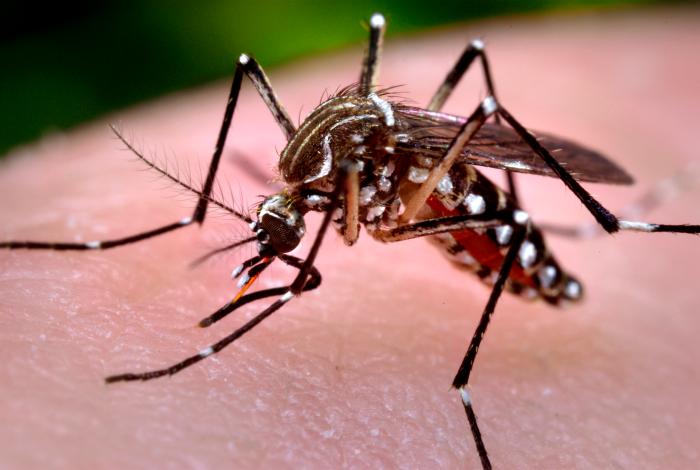The chikungunya outbreak that began last year in southern Thailand continues into the first month of 2019 as country health officials report more than 1,000 cases through Jan. 28.

According to the Bureau of Epidemiology, a total of 1075 cases were reported from 14 provinces during the first four weeks.
No deaths have been reported.
The increase in cases continues in the southern provinces with Phuket reporting a morbidity rate of (67.45 / 100,000 population) with the provinces of Songkla and Pattani also reported high rates of infection.
Chikungunya Virus (CHIKV) is an arbovirus of the alphavirus genus (Togaviridae family) transmitted by the bite of infected Aedes mosquitoes. Нe word, Chikungunya, translates to “that which bends up”, based on the stooped position of patients during the rheumatic symptoms of the disease.
In humans bitten by an infected mosquito, the disease symptoms usually appear after an incubation period of three to seven days (range 1- 12 days).
CHIKV can cause acute, sub-acute, and chronic disease.
In acute disease, symptoms develop abruptly and include high fever, headache, myalgia and arthralgia (predominantly in limbs and large joints). The appearance of a maculopapular rash is also frequent. Severe forms of the disease are rare. Symptoms usually resolve in 7-10 days, although arthralgia and joint stiffness may persist intermittently for several months.
The disease shares some clinical signs with dengue and Zika, and can be misdiagnosed in areas where they are common. As there is no cure, treatment is focused on relieving the symptoms.
Related:


One thought on “Thailand chikungunya cases top 1,000 in January”